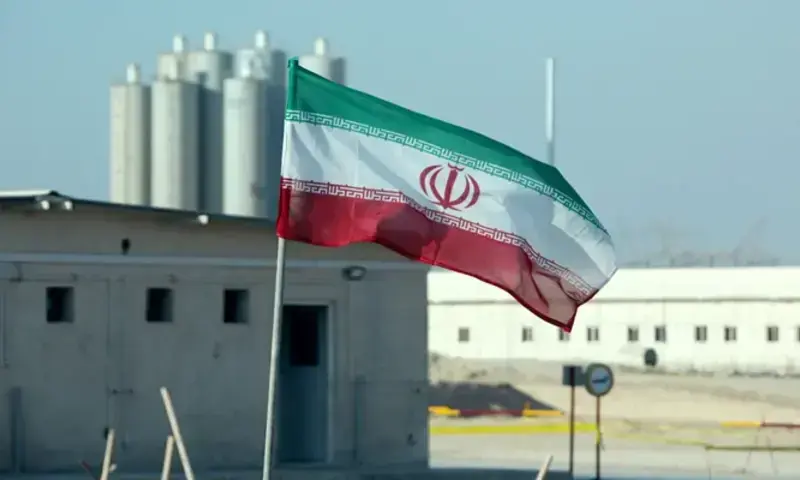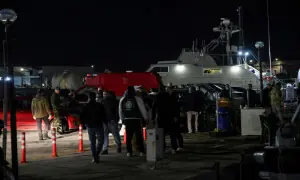Iran set to face UN sanctions as nuclear talks falter
Iran is poised to under extensive UN sactions for the first time in a decade, following the collapse of nuclear negotiations with Western powers, unless an unexpected break through occurs.
The UN nuclear watchdog reported that inspectors had been allowed back into Iranian facilities but Western nations determined there was insufficient progress to merit a delay after a week of high-level discussions at the UN General Assembly.
European powers initiated that “snapback” of sanctions a month ago, accusing Iran of failing to provide transparency regarding its nuclear program, particularly in light of its countermeasures against Israeli and US military actions.
On Saturday, Iran recalled its envoys from Britain, France and Germany for consultations after those countries activated the snap back mechanism, according to Iranian state television.
The sanctions are scheduled to take effect at 0000 GMT on Sunday (8:00pm Saturday in New York) and will impose a global ban on dealings with individuals and entities involved in Iran’s nuclear program or ballistic missile development.
Iranian President Masoud Pezeshkian asserted that there was no incentive to reach an agreement, claiming that the US and Israel aimed to use pressure to destabilise the Islamic Republic. “If the goal had been resolve concerns about the nuclear program, concerns about the nuclear program, we could easily do that”, Pezeshkian stated reaffirming Iran’s commitment not to pursue nuclear weapons.
During discussions with French President Emmanuel Macron, France proposed that Iran relinquish its stockpile of highly enriched uranium for a one-month delay in the sanction. Pezeshkian rejected this suggestion, questioning why Iran would agree to such a deal.
The sanctions intend to increase economic pressure on Iran, but it remains uncertain whether all nations will enforce them. Russian Deputy Ambassador Dmitry Polansky declared that Moscow views the reimposition of sanctions as “null and void”. Russia and China attempted to delay the sanctions until April but failed to secure enough votes in the Security Council.
The US has already implemented unilateral sanctions on Iran and has sought to pressure other countries to halt imports of Iranian oil, although Chinese companies have continued to defy this pressure. These new sanctions represent the snapbook of measures lifted under the 2015 nuclear deal, which was supported by Britain, France and Germany prior to US withdrawal under President Donald Trump.
The international crisis group noted that Iran appears to be dismissive of the snapback, having adapted to existing US sanctions. However, reversing the snapback would require consenses at the Security Council which could exacerbate Iran’s economic struggles, marked by high inflation and insfrastructure issues.
In a defiant address to the UN on Friday, Israeli Prime Minister Benjamin Netanyahu urged immediate action on the snapback and hinted at a willingness to strike Iran’s nuclear facilities again, following a series of bombings in June that Iranian officials claim resulted in over 1,000 fatalities.
Pezeshkian emphasised that Iran would not retaliate against the sanctions by withdrawing from the nuclear Non-Proliferation Treaty, warning that certain powers are seeking a “superficial pretext” to ignite regional conflict.
For the latest news, follow us on Twitter @Aaj_Urdu. We are also on Facebook, Instagram and YouTube.
























Comments are closed on this story.